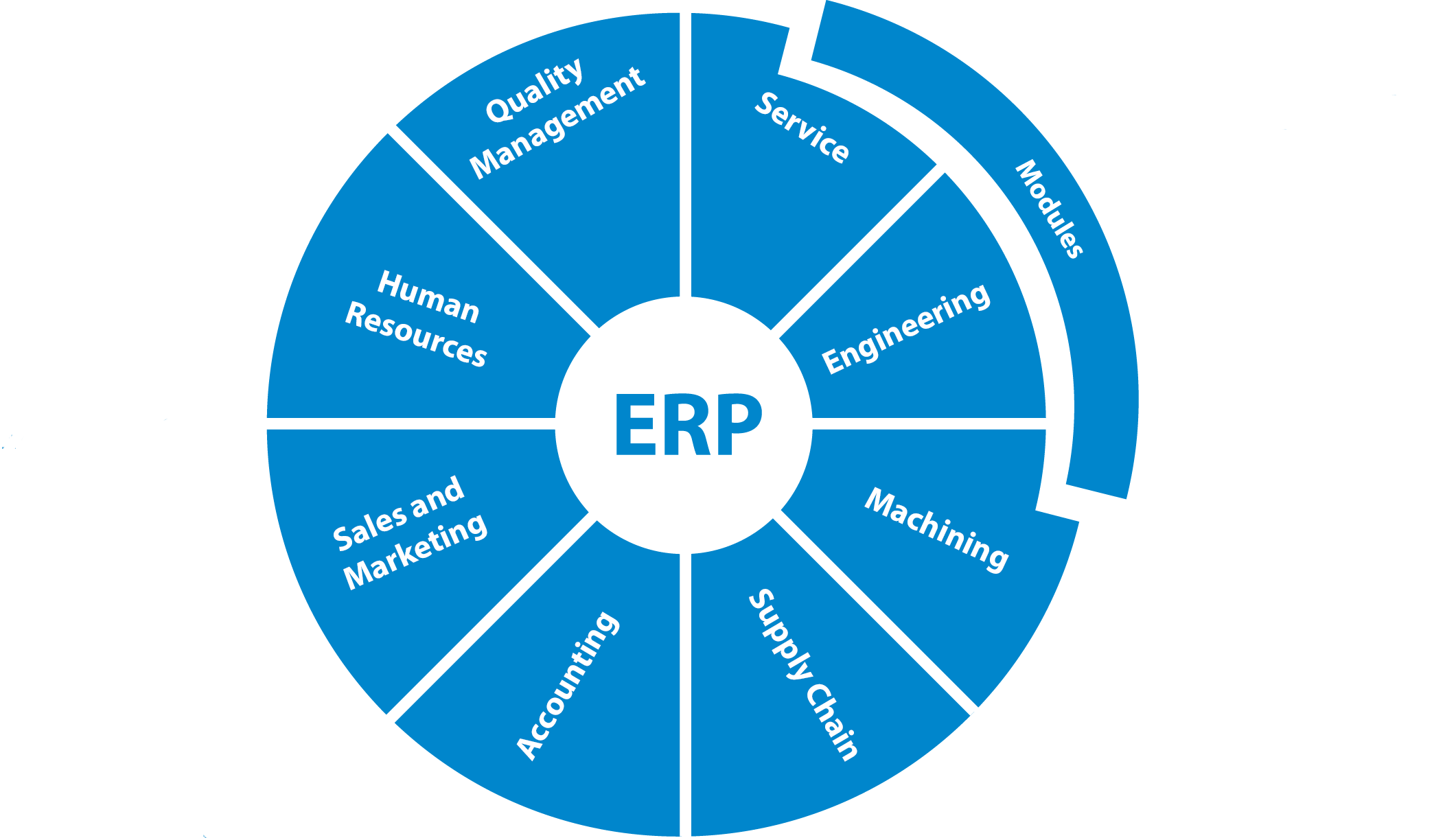Over the last decade, ERP technology has evolved from a back-end system into a strategic growth enabler for modern enterprises. What once handled only accounting and inventory now drives transformation across every department , connecting data, automating operations, and enhancing decision-making on a global scale.
The Changing Role of ERP in Modern Business
This demand gave birth to the next era of ERP evolution. Today’s ERP platforms combine cloud computing, artificial intelligence (AI), machine learning, and the Internet of Things (IoT) to create real-time, data-driven ecosystems. From forecasting sales to managing supply chains, ERP systems now act as the nervous system of modern enterprises.
Cloud ERP — The Cornerstone of Scalability
The move to cloud-based ERP has transformed how businesses grow. Unlike traditional on-premise systems, cloud ERP solutions are flexible, cost-effective, and scalable , allowing organizations to expand into new markets or add new users without major infrastructure changes.
With centralized data storage and remote access, teams can collaborate seamlessly across regions. This flexibility not only reduces IT overhead but also supports faster innovation. Businesses can now implement new features, modules, or integrations within weeks, not months.
AI and Predictive Analytics Driving Smart Decisions
Modern ERP systems leverage AI to turn raw data into strategic insight. Through predictive analytics, companies can forecast demand, identify cost-saving opportunities, and mitigate risks before they arise.
For instance, predictive maintenance in manufacturing helps prevent equipment failures, while AI-driven sales analytics identify high-value customer segments. These intelligent features make ERP systems proactive rather than reactive, helping businesses stay ahead of the competition.
Sustainability and Efficiency Through ERP Evolution
Today’s enterprises are not just focused on profit , sustainability has become a key growth driver. Modern ERP systems play a vital role in tracking energy usage, optimizing resources, and ensuring compliance with environmental regulations. This makes them essential tools for organizations striving for both economic and environmental efficiency.
Building the Future of Enterprise Growth
ERP evolution is more than a technological shift; it represents a strategic mindset. Businesses that embrace the latest ERP innovations gain the power to make faster decisions, scale operations, and create lasting customer value.
In essence, ERP is no longer a background system , it’s the engine driving enterprise success in the digital era. By investing in future-ready ERP solutions, companies can build smarter, more resilient, and more sustainable growth paths for the years ahead.



